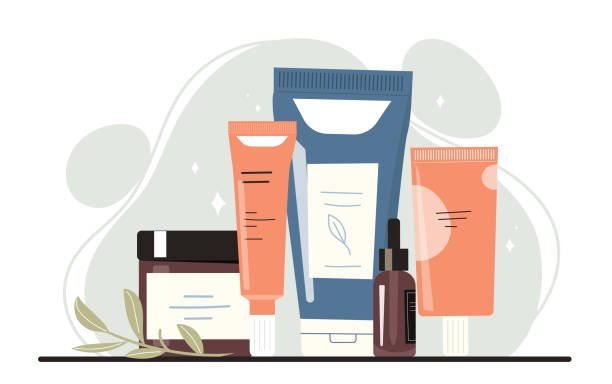-
Substandard Ingredients: Cheap cosmetic products often contain low-quality and substandard ingredients. These ingredients may be sourced from unreliable or unregulated suppliers, resulting in compromised safety and efficacy. Harmful substances such as heavy metals (lead, mercury), phthalates, formaldehyde, and other toxic chemicals may be present in higher concentrations, increasing the risk of skin irritation, allergies, or long-term health effects.
-
Lack of Quality Control: To keep costs low, manufacturers of cheap cosmetic products may compromise on quality control measures. This can lead to inconsistencies in product formulation, contamination, or inadequate preservation. Without proper quality control, the products may harbor bacteria, fungi, or other pathogens, which can cause skin infections or other health issues when applied.
-
Inadequate Testing: Cheap cosmetic products often bypass rigorous testing processes that ensure safety and effectiveness. Comprehensive testing, such as clinical trials, stability testing, and dermatological evaluations, can identify potential risks and adverse reactions. When these tests are skipped or not conducted properly, consumers become vulnerable to unknown hazards.
-
Misleading Claims: Some cheap cosmetics may make false or exaggerated claims about their benefits, which can mislead consumers. For example, a product may promise anti-aging effects or skin lightening capabilities without providing evidence or adhering to regulatory guidelines. Relying on such products can result in disappointment, wasted money, or even harm.
-
Packaging and Storage Issues: Cheap cosmetic products often come in low-quality packaging that may lack proper seals or protective barriers. This can lead to contamination or spoilage of the product, making it unsafe for use. Additionally, inadequate instructions for storage (e.g., exposure to sunlight or extreme temperatures) may cause degradation of the formula, reducing its effectiveness or introducing harmful byproducts.
It's important to note that not all inexpensive cosmetic products are necessarily dangerous, and not all expensive ones are automatically safe. However, when purchasing cosmetics, it is advisable to consider reputable brands, check ingredient lists, look for appropriate certifications (such as FDA approval), and be cautious about extremely low-priced options that seem too good to be true.





